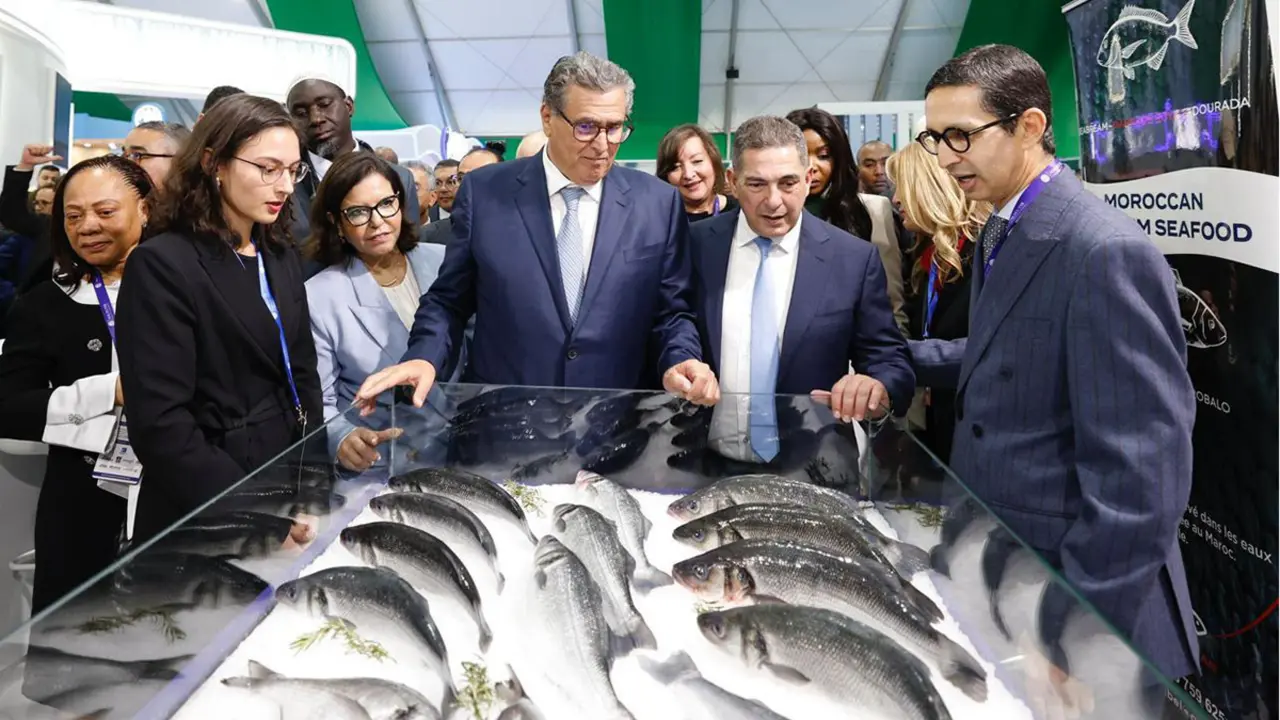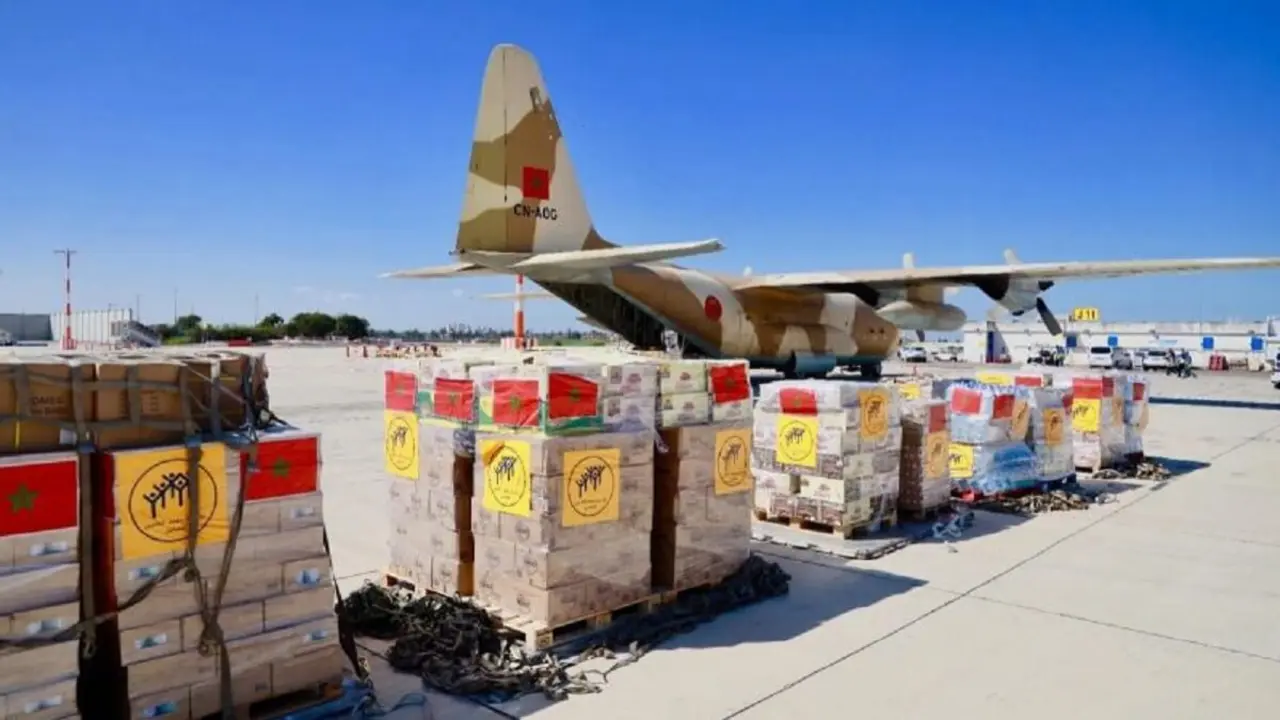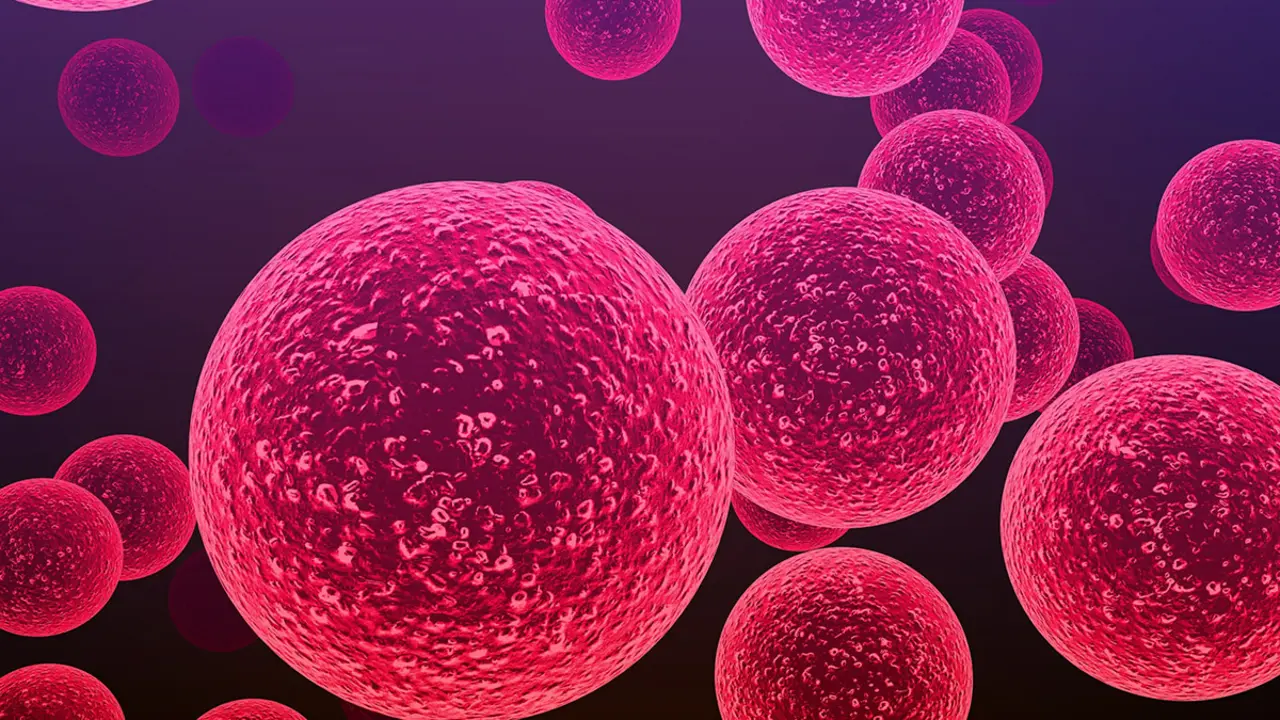A new agreement will protect marine biodiversity in international waters

UN Secretary-General António Guterres congratulated UN member countries for finalising a text that seeks to ensure the conservation and sustainable use of marine biodiversity in areas beyond national jurisdiction. This is a breakthrough after nearly two decades of negotiations, he said.
"It is a victory for multilateralism and for global efforts to counter the destructive trends facing the health of the oceans, now and for generations to come," Guterres said Saturday night in a statement from his spokesman, just hours after the agreement was reached at UN headquarters in New York, where final negotiations on the draft treaty took place over the past two weeks.
The agreement reached by delegates to the Intergovernmental Conference on Marine Biodiversity in Areas Beyond National Jurisdiction is the culmination of a series of talks facilitated by the UN since 2004.
The legal framework, known as the "High Seas Treaty", would place 30% of the world's oceans in protected areas, put more money into marine conservation and cover access to and use of marine genetic resources.
Guterres said the treaty is crucial to addressing the triple global crises of climate change, biodiversity loss and pollution.
"It is also vital to achieving the oceans-related goals and targets of the 2030 Agenda for Sustainable Development and the Kunming-Montreal Global Biodiversity Framework," he noted, referring to the so-called '30x30' commitment to protect one-third of the world's biodiversity on land and sea by 2030, reached at a UN conference in Montreal last December.
Noting that the Marine Biodiversity Conference decision builds on the legacy of the UN Convention on the Law of the Sea, the secretary-general commended all parties for their ambition, flexibility and perseverance, and applauded the leadership and dedication of Ambassador Rena Lee of Singapore.
"Ladies and gentlemen, the ship has come in," Ambassador Lee declared on Saturday night as she announced the agreement to a prolonged standing ovation in the meeting room where the deal was finalised. Delegations will meet again later to formally adopt the text.
António Guterres acknowledged the critical support in achieving the High Seas Treaty from non-governmental organisations, civil society, academia and the scientific community.
Guterres said he will continue to work "to ensure a healthier, more resilient and productive ocean that benefits current and future generations".








